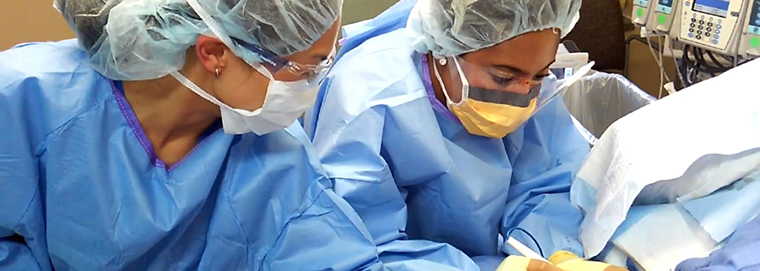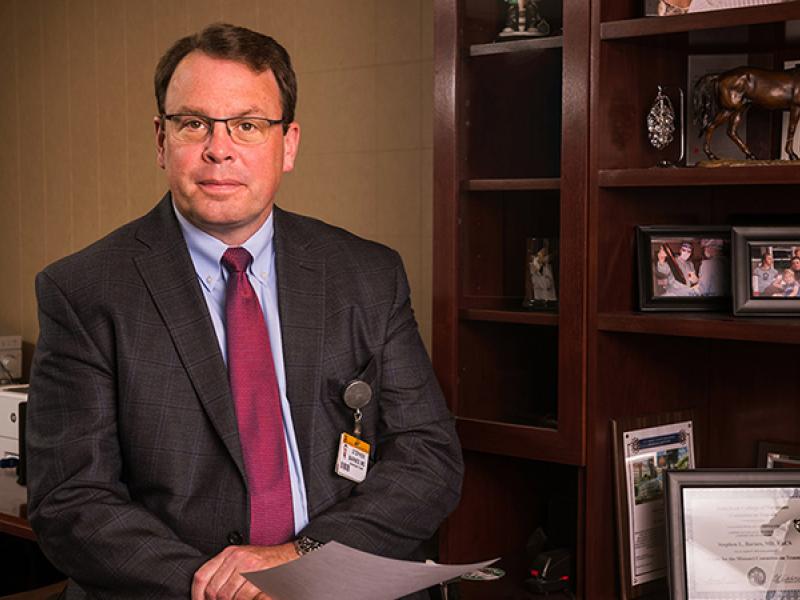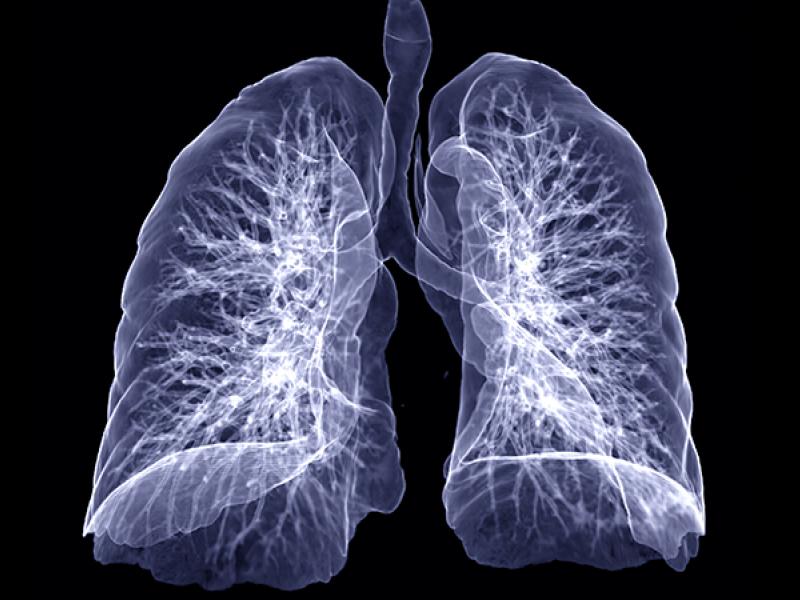Fellows are held to a high standard and are expected to lead the team and care delivery for some of the most infirm patients in the hospital.

We do not require in-house call, however, fellows are expected to be available for assistance when necessary. Fellows have 4 days off per month, the remaining days the fellow will be available for patient care – which is the same expectation of faculty. We strictly adhere to the ACGME duty hour guidelines, and have the same expectations of fellows, as we do with faculty. This is facilitated by the absence of mandatory in-house call periods. When a patient is critically ill and requiring minute-to-minute care, our fellows are expected to be at the bedside.
Our fellows take ownership and responsibility of their patients. This requires them to not only know all they can about a patient and their disease processes, but also to safeguard them in a way that limits adverse events. Fellows should develop a sixth sense of when a patient’s course is deteriorating. This requires impeccable attention to detail and staunch ownership of patients and their outcomes.
A key component of surgical critical care is caring for traumatized patients. Fellows are required to respond to all Alert 1 trauma team activations during the daylight hours and are encouraged to respond to selected trauma activations at night. Being present for the initial evaluation and management of a critically injured trauma patient allows multiple benefits for fellows and hones their clinical decision-making and procedural skills.
ACGME regulations disallow fellows to operate independently or bill for clinical care. However, we expect fellows to take “attending home call,” with a faculty member, which typically begins after 3-5 months of training. Fellows will often be with a faculty member one night a week and will be afforded supervised independence. This facilitates graduated responsibility and professional growth of the fellow, while maintaining adherence to ACGME guidelines.
Fellows are expected to become involved in hospital and regional committees, which may include ICU Oversight, Pharmacy & Therapeutics, Anticoagulation Task Force and others. Active involvement in institutional leadership committees allows fellows to gain understanding and skill in the administrative activities of a surgeon leader.
Teaching others is an important part of both the growth of the learner and the teacher. We expect fellows to teach all members of the team through a variety of mechanisms, including formal didactic sessions and bedside teaching. Additionally, teaching our patients about their disease processes and prognoses is a key component of care delivery and fellows are expected to develop skills in this arena.
As an academic institution, we promote and support scholarly activities of our fellows and residents. Fellows are expected to engage in scholarly activity and produce at least one academic product over the course of the year. This may include development of a practice management guideline, presenting research, publishing a manuscript or authoring a book chapter.
In an effort to continuously improve care, fellows are expected to be involved in a quality improvement project. Multidisciplinary projects are excellent opportunities to improve care, and multiple opportunities exist.





